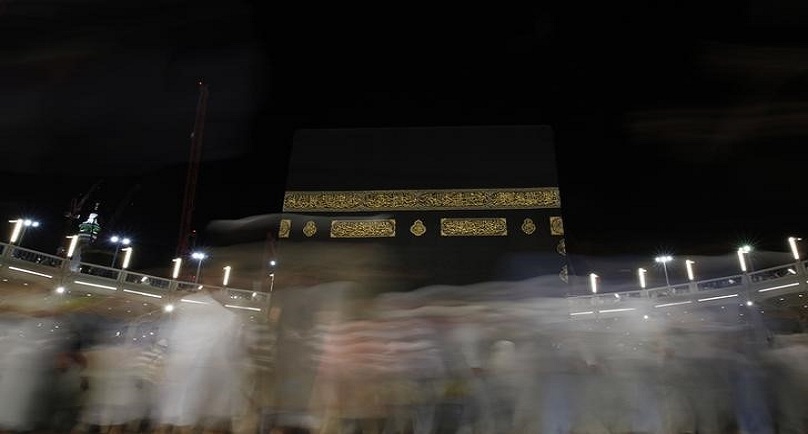Image: Muslim pilgrims circle the Kaaba and pray during their Umrah Mawlid al-Nabawi “Birthday of Prophet Mohammad” in the holy city of Mecca, Saudi Arabia January 21, 2016. Picture taken January 21, 2016. REUTERS/Amr Abdallah Dalsh/Files
DUBAI (Reuters) – Saudi Arabia will introduce electronic identification bracelets for all pilgrims to Mecca starting this year, Saudi media said on Thursday, as part of a safety drive a year after the annual Islamic rite suffered its deadliest disaster in a generation.
As many as 2,070 people died in a crush when thousands of pilgrims converged on a walkway intersection near the Muslim holy city of Mecca last September, according to a Reuters count, the highest loss of life at the annual pilgrimage since 1990.
That death toll is based on figures of fatalities provided by countries who repatriated the bodies of their citizens, but Saudi Arabia had put the official death toll at just 700.
Containing personal and medical information, the bracelets will help authorities provide care and identify people, the official Saudi Press Agency SPA said.
Water-resistant and connected to GPS, the devices will also instruct worshippers on timings of prayers and a multi-lingual help desk to guide especially non-Arabic speaking pilgrims around the various rituals of the annual Islamic event.
Saudi Arabia oversees the annual pilgrimage to Mecca by more than two million Muslims from around the world.
The haj, the world’s largest annual gathering of Muslims, has witnessed numerous deadly stampedes, fires and riots in the past with authorities having only limited ability to control the masses.
Nearly a thousand new surveillance cameras were installed this month at Mecca’s Grand Mosque and linked to control rooms staffed by special forces monitoring pilgrim movements for the event scheduled for August, Saudi newspapers reported.
Safety during the pilgrimage is also at the heart of a dispute with the kingdom’s regional arch-rival, Iran, which lost 400 of its citizens to last year’s stampede.
The two countries have failed to strike a deal for Iranian pilgrims to attend this year’s haj, given their lack of diplomatic relations. Iran’s leadership said in May it remained “very concerned” for the safety of Iranian pilgrims.
(Reporting by Asma Alabed; writing by Noah Browning; editing by Mark Heinrich; editing by Sami Aboudi/Mark Heinrich)
Copyright 2016 Thomson Reuters. Click for Restrictions.


